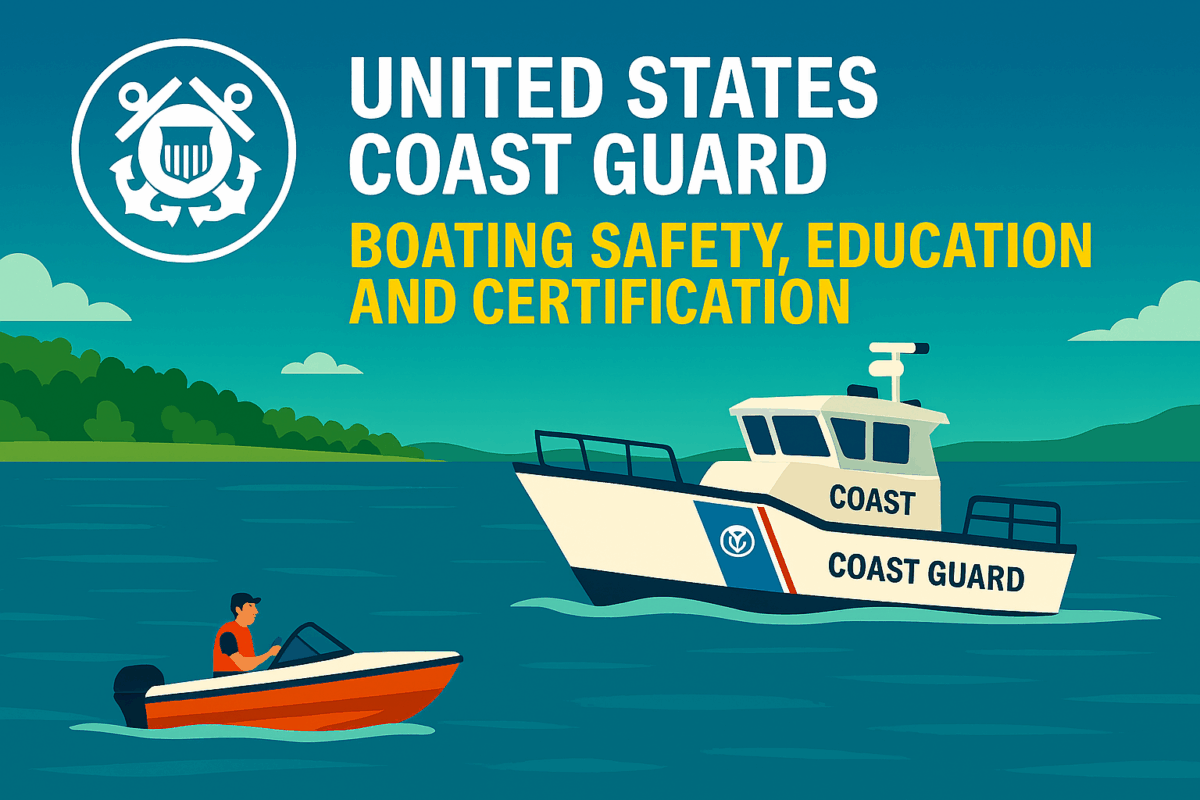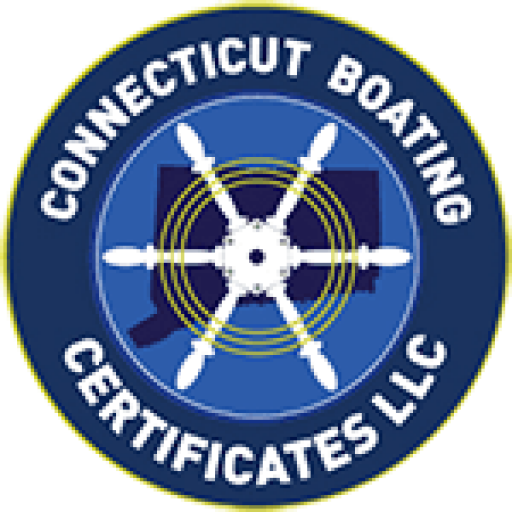Call: 1-800-832-7191

USCG VHF Channels
USCG VHF Channels: Vital Communication for Boaters
Understanding USCG VHF Channels is essential for safe and effective communication on the water. Because emergencies can happen anytime, knowing which channels to use helps boaters respond quickly. The U.S. Coast Guard monitors specific VHF frequencies to assist mariners and coordinate rescue efforts.
Key Channels and Their Functions
Channel 16 is the primary emergency and calling channel. Although it’s open to all boaters, it must remain clear for distress calls. Channel 70 is reserved for Digital Selective Calling (DSC), which allows automated distress alerts with vessel location. After initial contact, boaters should switch to a working channel like 68, 69, or 72 for conversation. This practice keeps emergency channels available.
Digital Selective Calling and MMSI
DSC-equipped radios enhance safety by sending automated alerts. Because these radios transmit vessel ID and location, they improve response time. To activate DSC features, boaters must register for a Maritime Mobile Service Identity (MMSI) number. Once registered, the radio links to GPS and transmits accurate coordinates. Therefore, connecting your radio properly is critical for full functionality.
USCG VHF Channels: Updates and International Standards
The USCG VHF Channels system now includes four-digit channel numbers. For example, channel 22A is now displayed as 1022. This change aligns U.S. usage with international standards and reduces confusion. Radios in “US mode” transmit and receive on the same frequency, while “international mode” uses separate transmit and receive frequencies. Consequently, selecting the correct mode ensures proper communication with the Coast Guard.
Best Practices for Boaters
Always monitor channel 16 while underway. Because emergencies can occur nearby, staying tuned helps you respond or assist. Keep your radio charged and test it before departure. In addition, learn how to use DSC features and practice sending alerts. Ultimately, understanding VHF channels improves safety, coordination, and peace of mind on the water.
